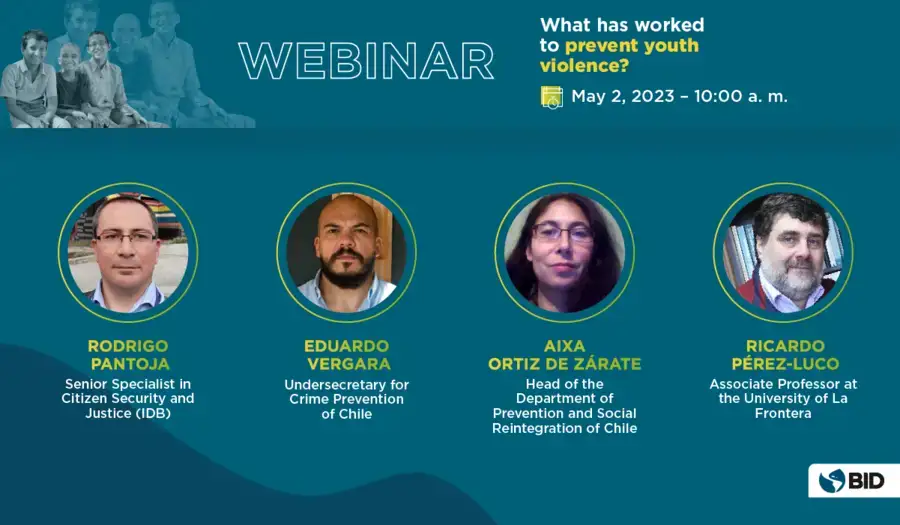Definition
.Category that brings together a set of initiatives, practices or types of interventions that share the same strategic focus ("what" they intend to do and/or problems they intend to solve or mitigate) and the same forms of action and approach ("how" they intend to address problems and advance their purposes).
335
Evaluated cases
Definition
These are examples of practical application of each type of solution included in the platform. They correspond, in general, to specific initiatives or programs through which a set of activities are implemented, developed and executed in an articulated manner, seeking to mobilize a set of resources (physical, human, financial or technological) in favor of the realization of a common objective and purpose and the achievement of a set of clearly identified and specified results.
50
Effective cases
Definition
.The classification of a case as "effective" means that there is consistent and robust evidence (i.e., assessed by research using Maryland Scale Level 5 methodology) that the implementation of the program/initiative contemplated in that case generated a positive impact on the intended and evaluated outcome variables ("outcomes").
Activate the filters and/or select one of the solution types below to view details of existing evidence and examine practical application cases.
Promotion of Social and Emotional Development
Effective
.
.
.
.
.
Has generated improvements in social and emotional skills, pro-social attitudes and behaviors, and school performance; has also reduced involvement in criminal trajectories.
Multicomponent Programs for Violent Juvenile Offenders
Mixed Evidence
.
.
.
.
.
There is evidence that they can be effective. However, the magnitude and statistical significance vary according to the form of measurement.
Judicial Redirection of Juvenile Offenders
Promising
.
.
.
.
.
Although there are some studies that do not corroborate this effect, the most rigorous studies point to a positive impact on recidivism.
Meditation
Mixed Evidence
.
.
.
.
.
Has generated positive impacts on youth cognitive development and resilience, but had no impact on behavioral outcomes or academic performance.
Mentoring
Promising
.
.
.
.
.
Has produced positive effects in terms of reducing juvenile delinquency; in addition, it has generated positive effects on school attendance and performance, as well as in terms of improving social skills.
Cognitive Behavioral Intervention in Children and Adolescents
Effective
.
.
.
.
.
Has been effective to reduce aggressive behavior and strengthen relevant protective factors. In addition, it has been successful to reduce recidivism among young people in general, although the specific evidence for young people in probation is still limited.
Family Intervention for Juvenile Delinquent Behavior
Promising
.
.
.
.
.
Has reduced the risk of a young offender reoffending.
Alternative Family Care Programs
Promising
.
.
.
.
.
There is evidence of impact in terms of reducing the involvement of children and adolescents in crime.
Sexual Violence Reduction Programs
Mixed Evidence
.
.
.
.
.
The prevalence of relevant protective information and attitude has increased; however, there is mixed evidence for their effects on reducing sexual and intimate partner assaults.
Some types of solutions were not included in the Evidence Bank due to the absence of systematic reviews and meta-analyses that have evaluated them, or due to weaknesses identified in existing evaluations. Click here to see the list of types identified but not included in the Evidence Bank.
Search for types of solutions or evaluated cases
Enter keywords and use the filters to find the most relevant evidence for your area of expertise/interest
Community of Practice
Connect with sectoral leaders, participate in initiatives and discussions, and access news, techniques and tools relevant to evidence-based policymaking.


